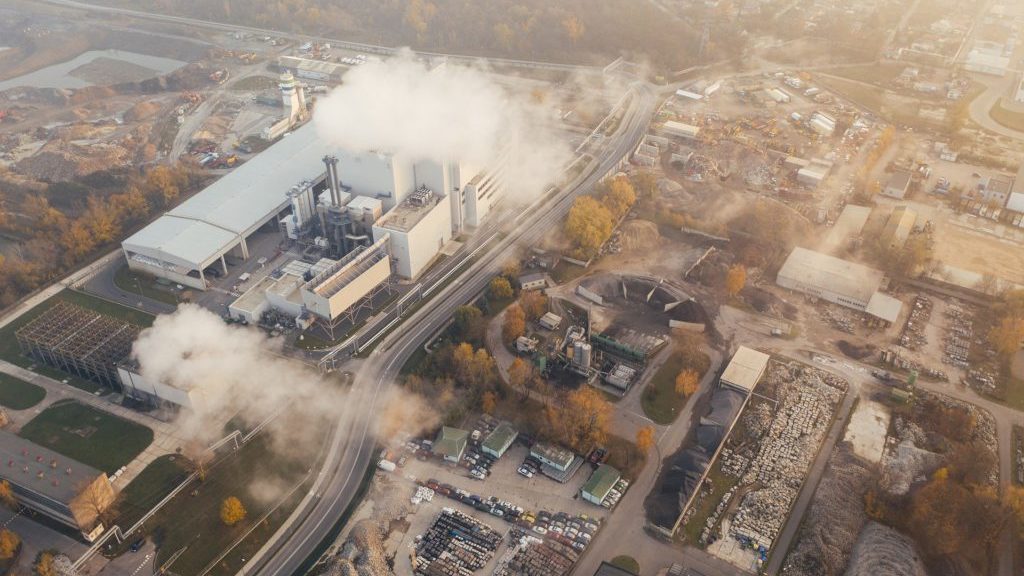In broad terms, carbon markets connect entities that generate carbon emissions with entities that have a surplus of carbon reduction.
Why is this necessary? Energy-intensive industries can be tough, or even impossible, to fully decarbonise with current technologies.
In our view, offsets can work effectively as a tool in the decarbonisation toolbox, but it is true that high emitters cannot simply trade their way to a lower carbon future.
While compliance markets tend to cover Scope 1 emissions, voluntary markets can meet demand for emissions compensation along the value chain.
COP26 outcomes will continue to boost confidence in carbon offsets, but the Paris Rulebook didn’t directly establish a global carbon market.
Our view is that COP26 outcomes will push more countries to establish national compliance carbon markets or other forms of carbon pricing; as well as further integrate offsetting into their compliance mechanisms. Over the next decade, we expect to see an evolution of markets at national and regional level.
However, we don’t expect compliance markets to replace their voluntary counterparts.
